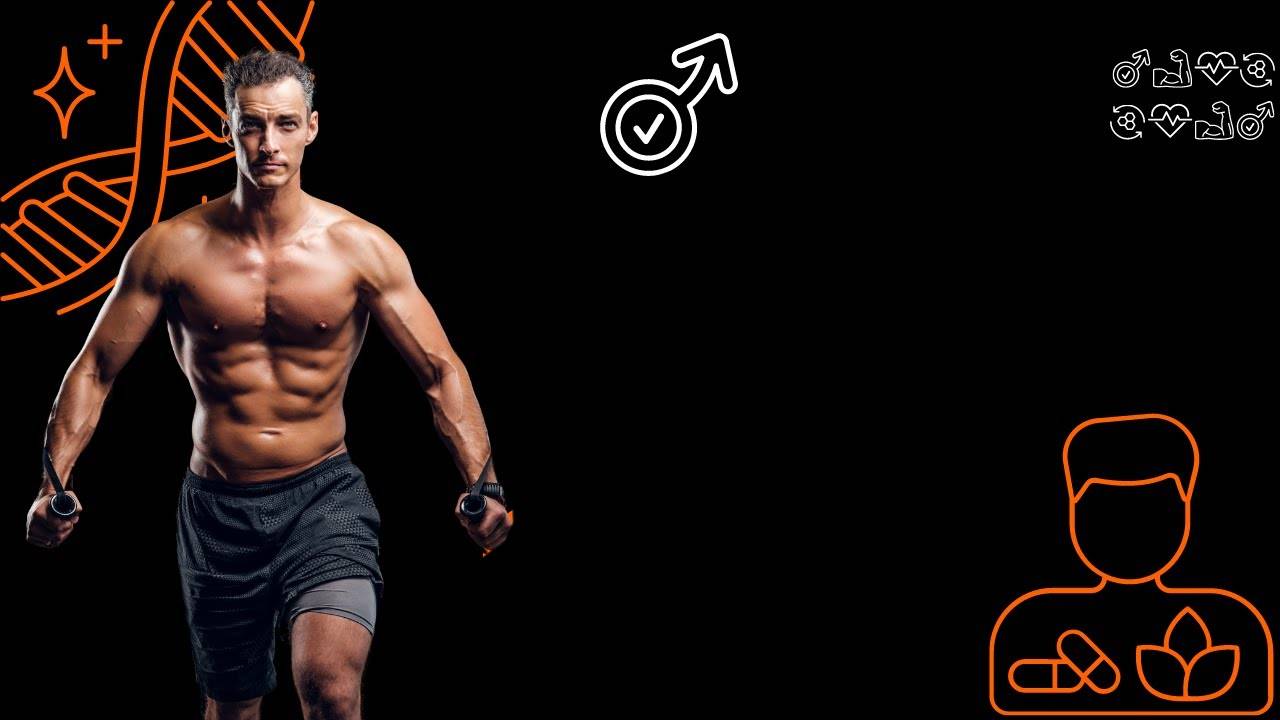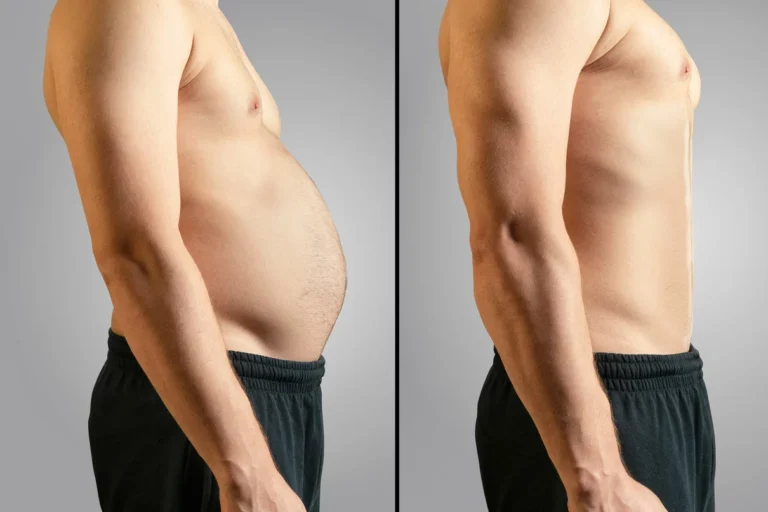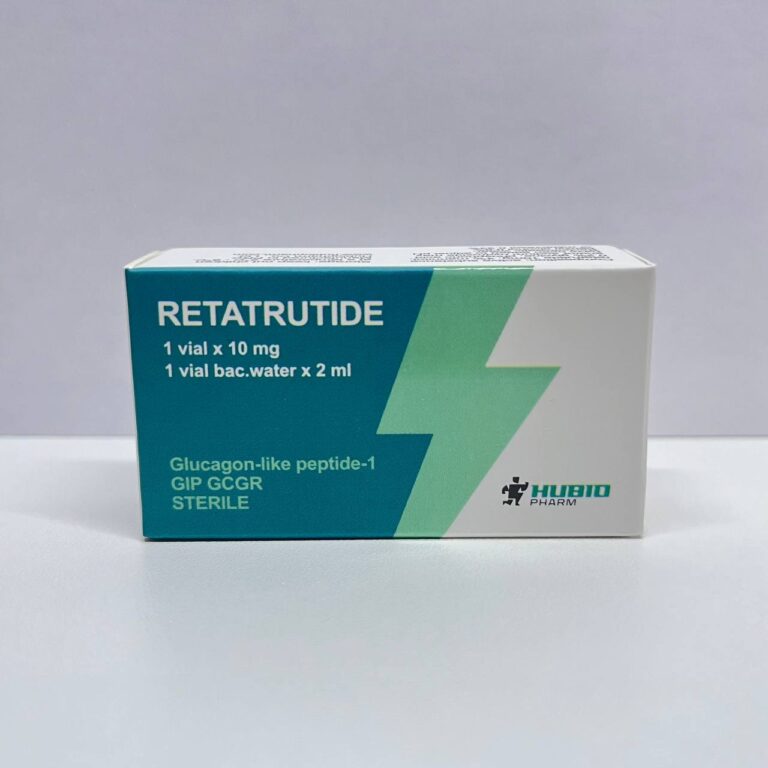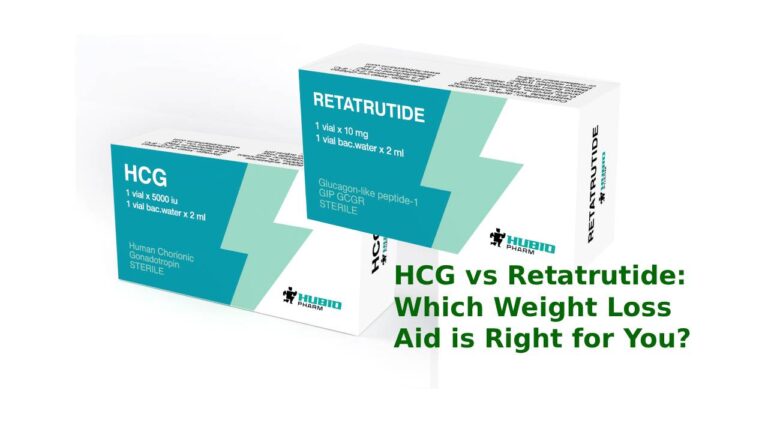In the world of fat loss and body composition optimization, both HCG (Human Chorionic Gonadotropin) and HGH (Human Growth Hormone, such as Jintropin) are often discussed as potential aids. While both are hormones, their mechanisms, effects, and applications differ significantly. Understanding these differences is crucial for choosing the right strategy for weight loss and body composition improvement.
This comprehensive guide examines HCG vs HGH for weight loss, discussing their mechanisms, benefits, potential risks, best practices, and real-world applications. It is tailored for bodybuilders, athletes, and individuals seeking scientific, evidence-based information.
What is HCG?
HCG is a hormone naturally produced during pregnancy. In adults, synthetic HCG is used medically for:
- Fertility treatments
- Hormonal balancing
- Weight management protocols
Mechanism of Action for Weight Loss
HCG is theorized to aid fat loss by:
- Preserving Lean Muscle: When paired with very low-calorie diets (VLCD), HCG helps preserve lean muscle mass while promoting fat mobilization.
- Enhancing Lipolysis: HCG is believed to facilitate the release of stored fat for energy.
- Reducing Hunger: Some protocols claim HCG may reduce appetite, making low-calorie dieting more tolerable.
Safe and Effective Fat Loss Support
Enhance your weight management and hormonal balance with certified HCG Gonadotropin 5000 IU . Pharmaceutical-grade quality ensures reliable results for fat loss, metabolic support, and overall wellness.
What is HGH?
HGH, or Human Growth Hormone, is produced naturally by the pituitary gland. Pharmaceutical-grade HGH, such as Jintropin, is used for:
- Growth hormone deficiency treatment
- Muscle growth and recovery
- Fat metabolism and anti-aging support
Mechanism of Action for Weight Loss
HGH aids weight loss by:
- Stimulating IGF-1 Production: This promotes protein synthesis and lean muscle retention.
- Increasing Fat Oxidation: HGH enhances lipolysis, particularly in visceral fat areas.
- Boosting Metabolic Rate: Improves basal metabolic rate, supporting caloric expenditure.
- Supporting Recovery: Allows higher intensity exercise, indirectly aiding fat loss.
HCG vs HGH: Mechanism Comparison
| Feature | HCG | HGH (Jintropin) |
|---|---|---|
| Source | Placental hormone | Pituitary hormone (synthetic available) |
| Mechanism | Appetite suppression, fat mobilization | IGF-1 stimulation, lipolysis, metabolism |
| Muscle Preservation | Minimal, mostly diet-dependent | Strong, via protein synthesis |
| Fat Loss Type | Primarily subcutaneous | Visceral and subcutaneous fat |
| Evidence | Controversial, limited clinical support | Stronger evidence in body composition |
| Side Effects | Headaches, fatigue, injection site issues | Joint pain, water retention, insulin changes |
Clinical Evidence on Weight Loss
HCG Studies
- A 1995 study in the American Journal of Clinical Nutrition found no significant difference in weight loss between HCG-treated groups and placebo, when both followed a VLCD.
- Critics note that HCG protocols often combine hormone injections with 500–800 kcal/day diets, which is the primary driver of weight loss, not the hormone itself.
HGH Studies
- Research shows that HGH therapy in adults can reduce fat mass by 2–5% over several months while increasing lean body mass.
- HGH is particularly effective in visceral fat reduction, which is metabolically active and linked to cardiovascular risks.
Safety Considerations
HCG Risks
- Headaches, irritability, fatigue
- Injection site reactions
- Hormonal imbalances if misused
- FDA has warned against HCG for weight loss as a sole treatment due to limited evidence
HGH Risks
- Joint stiffness or swelling
- Water retention (edema)
- Insulin resistance with prolonged use
- Requires medical supervision and certified pharmaceutical-grade products
Maximize Muscle Growth and Recovery
Achieve consistent results in muscle development, recovery, and overall wellness with certified Hygetropin HGH 100 IU . Pharmaceutical-grade purity ensures reliable performance, making it ideal for athletes, bodybuilders, and health-focused individuals.
Practical Protocols for Weight Loss
HCG Protocols
- Very low-calorie diet (500–800 kcal/day)
- Daily HCG injections (125–200 IU)
- Typical duration: 3–6 weeks per cycle
- Goal: Rapid short-term fat loss, mostly subcutaneous fat
HGH Protocols (Jintropin)
- Moderate dose HGH (2–4 IU/day)
- Split injections: morning + pre-bed
- Duration: 12–24 weeks per cycle
- Complementary: Resistance training, balanced diet, adequate sleep
- Goal: Fat loss with lean muscle preservation, improved recovery, and long-term health benefits
Combining HCG and HGH
Some advanced protocols may use both HCG and HGH:
- HCG: Short-term cycles to suppress appetite and mobilize subcutaneous fat
- HGH: Long-term cycles to maintain lean mass, support recovery, and improve visceral fat reduction
Lifestyle Factors Enhancing Hormone-Based Fat Loss
- Nutrition: High-protein, moderate-carb diet for muscle preservation
- Exercise: Resistance training + cardio for enhanced lipolysis
- Sleep: Deep restorative sleep enhances natural HGH production
- Hydration: Supports metabolism and recovery
- Stress Management: Cortisol can interfere with fat loss and hormone efficiency
Choosing Between HCG and HGH
| Consideration | Choose HCG If… | Choose HGH If… |
|---|---|---|
| Goal | Short-term rapid weight loss | Sustainable fat loss with muscle retention |
| Evidence | Weak, mostly diet-driven | Strong, peer-reviewed support |
| Health Impact | Minimal lean mass protection | Preserves and builds lean muscle |
| Safety | Risk of hormonal imbalance | Generally safe under supervision |
| Cost | Typically cheaper | Higher cost but greater long-term value |
Real User Experiences
- HCG Users: Report initial rapid weight loss, sometimes regaining weight post-diet.
- HGH Users: Report gradual, sustainable fat loss, improved recovery, better energy, and preserved muscle mass.
Best Practices for Safe Use
HCG
- Short-term cycles only
- Use as part of a medically approved diet plan
- Monitor hormone levels if prolonged use
HGH
- Certified pharmaceutical HGH (like Jintropin)
- Monitor IGF-1 and metabolic markers
- Combine with resistance training and balanced nutrition
- Avoid stacking with unverified products




